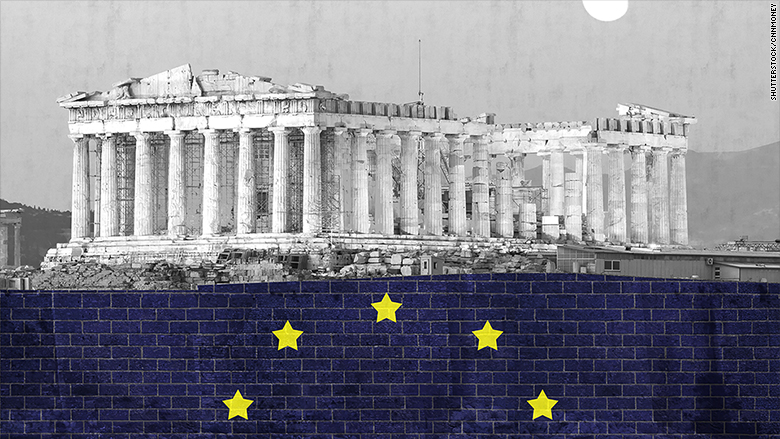Because such minor infractions are considered misdemeanor criminal offenses in some cities and states, failing to pay a ticket for these crimes can trigger a warrant for your arrest.
Here's how it happens:
Let's say you get a speeding ticket. Typically, you're given a certain amount of time to pay the fine or challenge it in court.
But if you don't show up to the hearing or pay the fine, some courts will issue a warrant for your arrest -- placing you on the same list as alleged rapists, thieves and escaped prisoners.
Some local governments say the warrants are a last-ditch effort to get people to settle their debts. But critics say arresting people over unpaid fines for such minor violations unfairly impacts low-income and minority residents.
Related: Dogs killed over unpaid fines
In Ferguson, Missouri, for example, a Department of Justice report found that the city has almost as many active arrest warrants as it has residents -- and that many of these warrants stem from small, traffic-related tickets given to low income African-Americans.
But traffic tickets are just one of the many minor offenses that can escalate to time behind bars.
Cursing in public. Playing music too loud. Rollerblading. Parking too far from the curb. Leaving old appliances in the yard. These are just some of the surprising "crimes" that CNNMoney found in databases of arrest warrants from cities and counties across the country.
Here are the stories of four people who actually got locked up.
Catching an out-of-season fish
Unemployed and strapped for cash, Ionia, Michigan resident Kyle Dewitt was out fishing for dinner for his family in 2011 when he got slapped with a ticket. The offense: the then-19-year-old caught a type of bass that was off-limits during that time of year.
Dewitt disputed the citation with the officer to no avail and says he was later told that he would get information in the mail telling him how to pay the $115 fine. A few months went by and he still hadn't received anything, so he called to ask about it -- only to find out a warrant had been issued for his arrest.
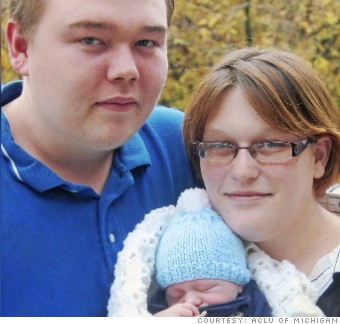
Kyle DeWitt with his family.
Confused and scared, he drove to the local jail and was put behind bars. He then borrowed $175 and paid a bail bondsman to help get him out. At a court hearing a week later, he was ordered to pay an even bigger bill -- $215 -- by the end of the day.
DeWitt, who was unemployed with a baby at home, said his fiance's mother offered to give him $100 of her Social Security benefits to help settle the debt.
He told the judge he could pay $100 the next day, and he could get the rest together by the following month. But the judge wouldn't give in.
"It needs to be paid -- all [of it]. Or you need to do jail [time] instead," the judge said, according to a court transcript. "Do you have a credit card?"
When he couldn't get the money, he was put back in jail. Originally ordered to serve three days, Dewitt was released early after the American Civil Liberties Union of Michigan intervened, arguing "it was unconstitutional for Kyle to be sentenced to jail for being poor."
The Ionia District court did not respond to a request for comment.
Skipping school
Frank Ward, from Baytown, Texas, says his grandsons were threatened with arrest after missing too many days of high school.
In Texas, missing 10 or more days of classes over a six-month period, or three days in four weeks, can result in adult criminal proceedings. While this offense is typically resolved by paying a fine of up to $500 (plus court costs), arrest warrants can be issued for those who fail to pay.
Related: The secret world of government debt collection
Ward says his grandsons couldn't get to school because of a bad family situation that resulted in more than a dozen moves in two years. That ultimately left the boys 20 miles from school, making options like the bus often unavailable, he claimed.
Ward didn't find out about the citations until his 17-year-old grandson ended up in jail for failing to pay fines that had ballooned to $950. The other grandson owed $360, but had not been arrested. Ward has since used more than $1,300 of his Social Security benefits to clear both boys' warrants, and is still angry that they ended up in criminal court in the first place.
In a recent report, nonprofit Texas Appleseed found that 80% of Texas students sent to court for missing school were low-income and, as a result, the "least able to pay the fines imposed by the court."
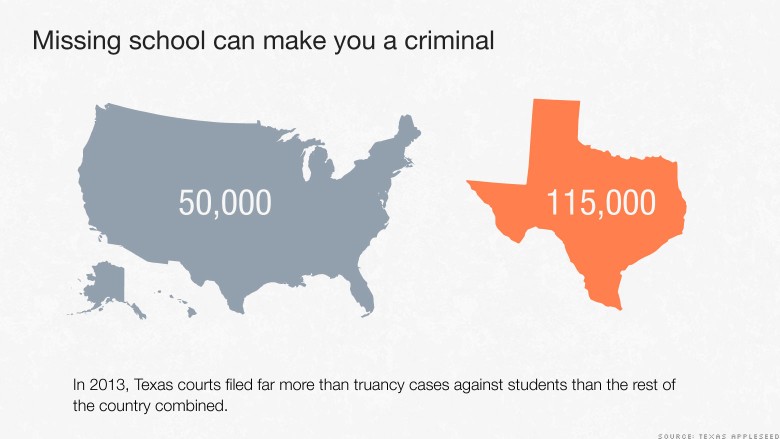
Dogs that get loose
An 82-year-old widow, Mary Root never thought her beloved Chihuahuas could land her in jail.
But after the dogs got out of her yard a few times, she was hit with a $525 fine that she couldn't afford and a court hearing that she couldn't attend due to medical reasons.
The result? Two days behind bars and an even bigger $7,000 bill.
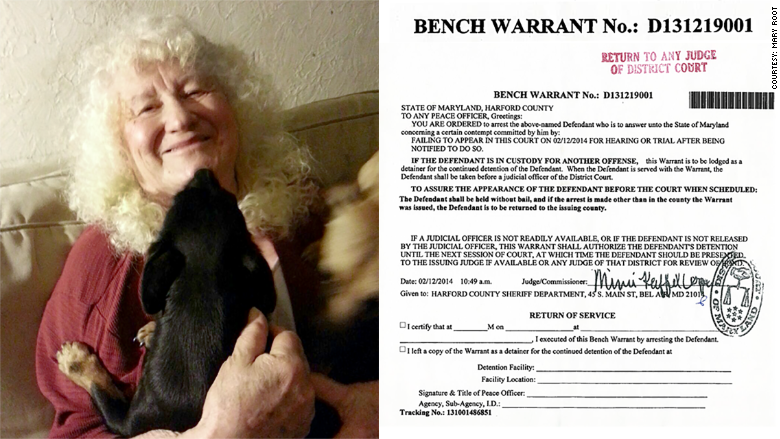
Mary Root went to jail after her dogs got out of the yard.
While she was in jail, locals rallied in support of the great grandmother.
But Root isn't the only pet owner to face jail time. And it's not just a loose dog that can get people in trouble. Pets without licenses or microchips, or dogs that bark too much, are just a few of the pet-related offenses that can trigger an arrest warrant if a ticket isn't resolved.
Expired car registration
Tuscaloosa, Alabama college student Crissy Brown was driving to her job as a waitress on July 4, 2013 when a police officer pulled her over for expired car registration tags.
The officer looked her up in the system and found that there was a warrant out for her arrest. He then promptly put her in handcuffs and took her to jail. It turned out that the warrant stemmed from a prior unpaid ticket, also for her expired registration.
Already struggling to support herself and pay tuition, Brown said she would have had to work four shifts at her waitressing job to afford the $60 to renew her registration and the fines for the earlier $160 ticket.
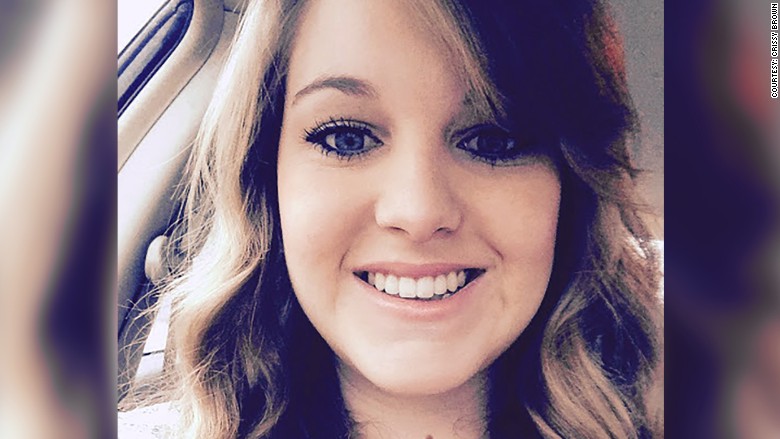
Crissy Brown never thought she would land in jail.
After she had received that initial ticket, Brown had spoken with a judge and was given a second hearing. But when that hearing came around, she still didn't have the money and feared that if she showed up to court again she would be thrown in jail. So she didn't go.
"The rational thing to do seemed to be to keep a low profile until I could dig myself out of the financial hole I was buried in," she said.
But this only made matters worse. Because she didn't attend the hearing or pay the fine, her initial ticket turned into an arrest warrant.
Related: Debt collection nightmares
The Tuscaloosa Police Department said that she could have requested a payment plan had she shown up to that second hearing, but Brown said she was never informed of that option.
She spent eight hours in jail before her parents bailed her out. But when she was finally free, she had a whole other set of problems. Her car was impounded, costing her another $150 in fees. She lost her job for missing her shift because she was in jail. And she had another upcoming court date to worry about.
Nearly two years later, Brown has a full-time job and up-to-date car registration. But she's still bitter about the experience. "It only took 8 hours of incarceration to make me feel like I was criminal," she said.
CNNMoney (New York) April 9, 2015: 12:38 PM ET
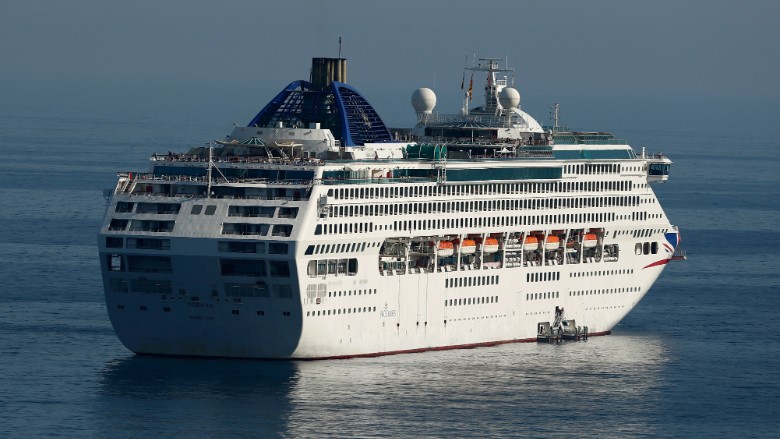
 Gary Oldman and Tom Hardy star in the Lionsgate thriller "Child 44."
Gary Oldman and Tom Hardy star in the Lionsgate thriller "Child 44." 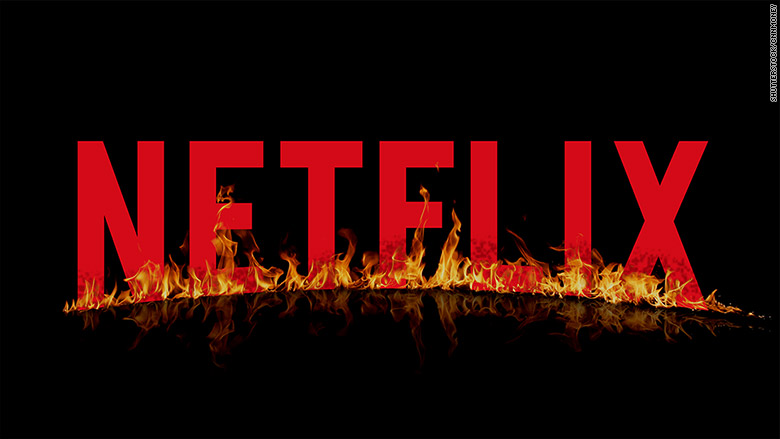
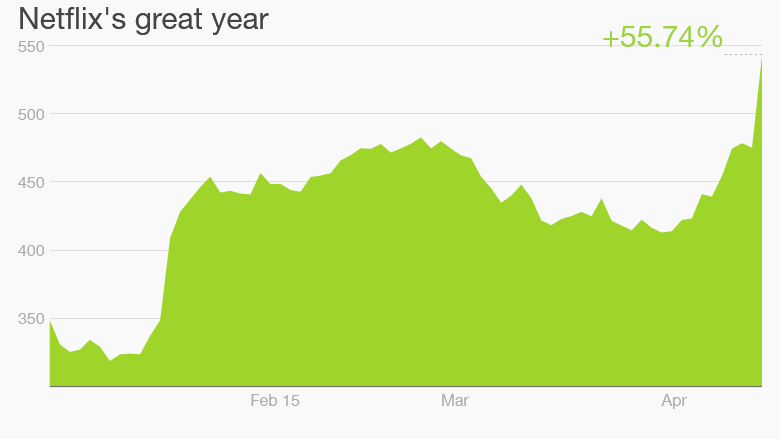

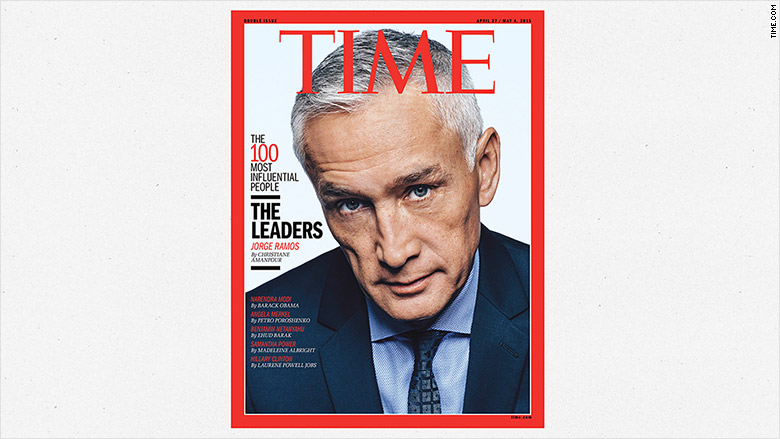 The Fusion and Univision anchor made one of the covers of Time's 100 most influential people.
The Fusion and Univision anchor made one of the covers of Time's 100 most influential people. 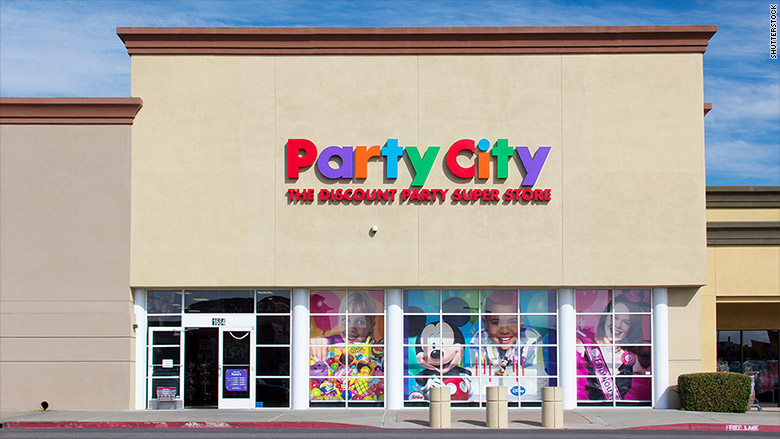

 Kyle DeWitt with his family.
Kyle DeWitt with his family. 
 Mary Root went to jail after her dogs got out of the yard.
Mary Root went to jail after her dogs got out of the yard.  Crissy Brown never thought she would land in jail.
Crissy Brown never thought she would land in jail. 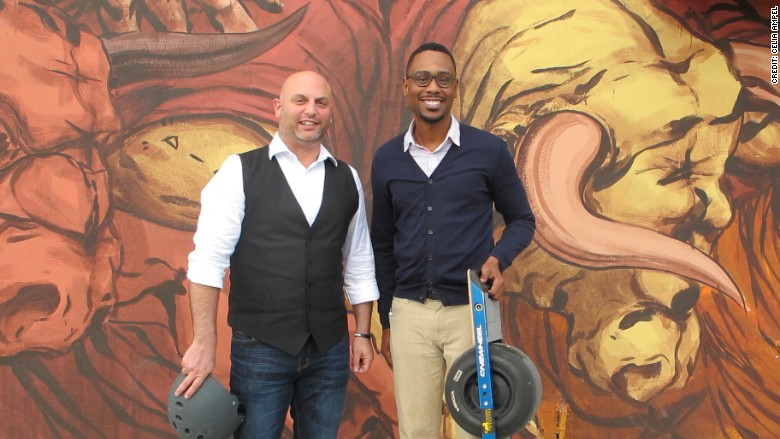 Shaun Abrahamson, left, and Stonly Baptiste, cofounders of VC firm Urban.Us.
Shaun Abrahamson, left, and Stonly Baptiste, cofounders of VC firm Urban.Us. 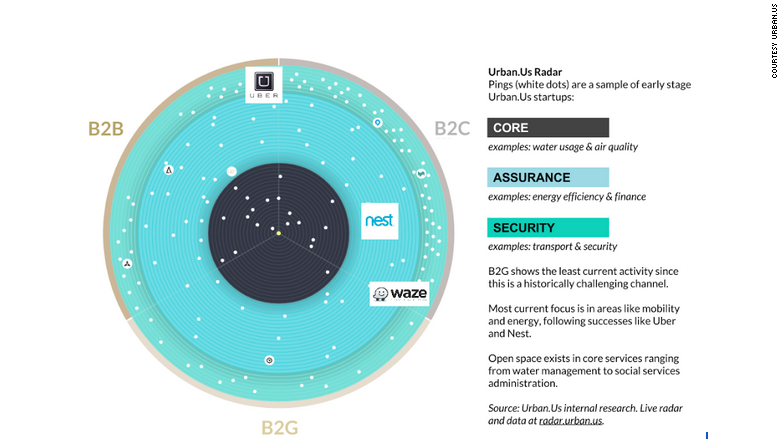
 The Boston Globe is calling for Dzhokhar Tsarnaev to not get the death penalty.
The Boston Globe is calling for Dzhokhar Tsarnaev to not get the death penalty. 
 Isabel Saint Malo de Alvarado (right) is Vice President and Foreign Minister of Panama
Isabel Saint Malo de Alvarado (right) is Vice President and Foreign Minister of Panama 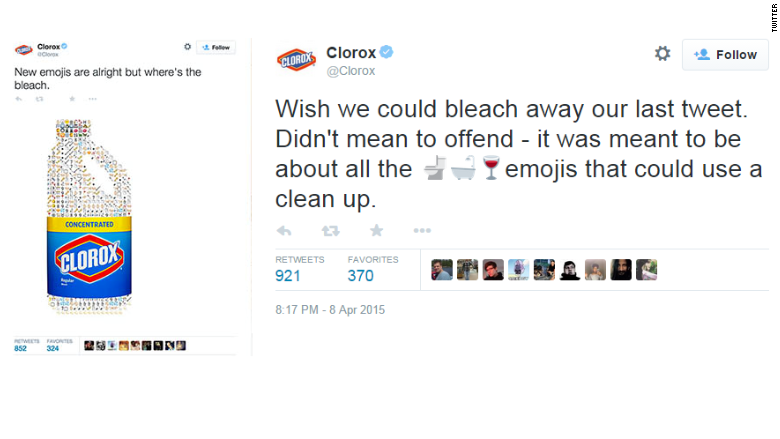
 Janitor Sonia Chavez (red bandana) and her husband, Anibal (center) with their three children. Both of them clean the office of the Secretary of Education and are fighting to get back pay they were entitled to receive.
Janitor Sonia Chavez (red bandana) and her husband, Anibal (center) with their three children. Both of them clean the office of the Secretary of Education and are fighting to get back pay they were entitled to receive. 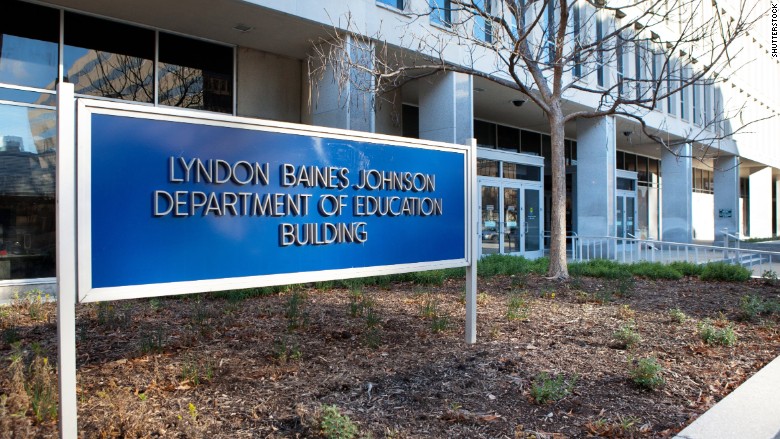
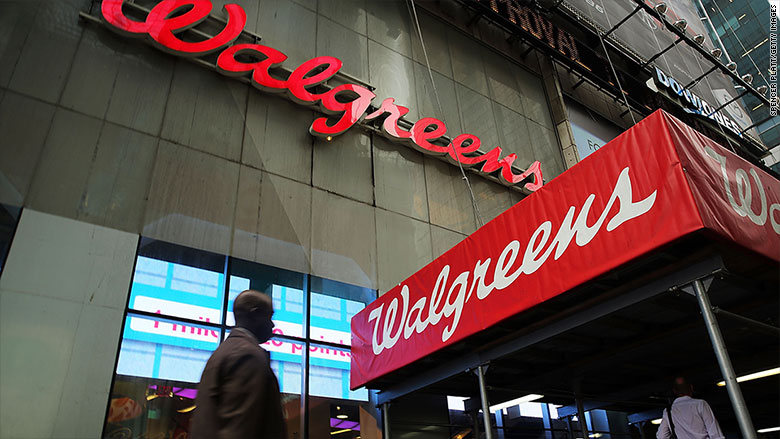
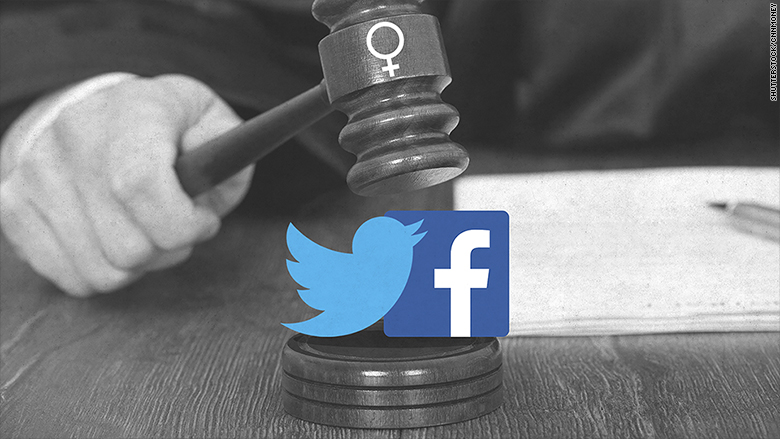
 The Havana skyline in the afternoon.
The Havana skyline in the afternoon. 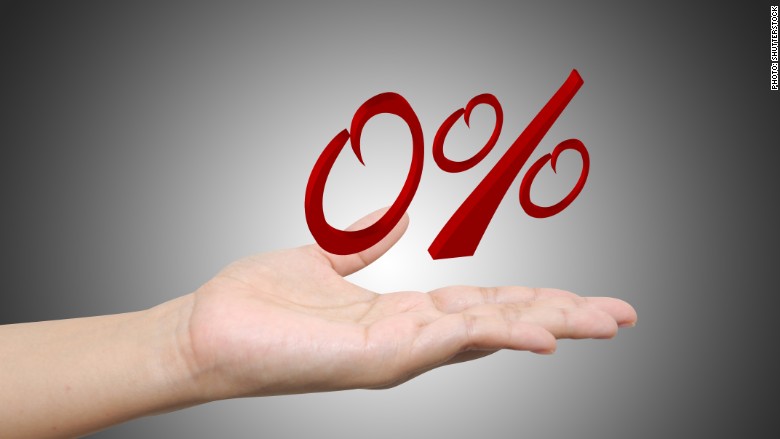
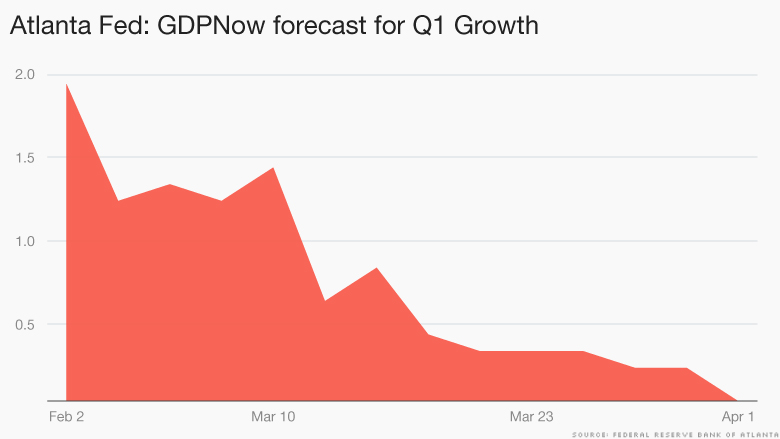
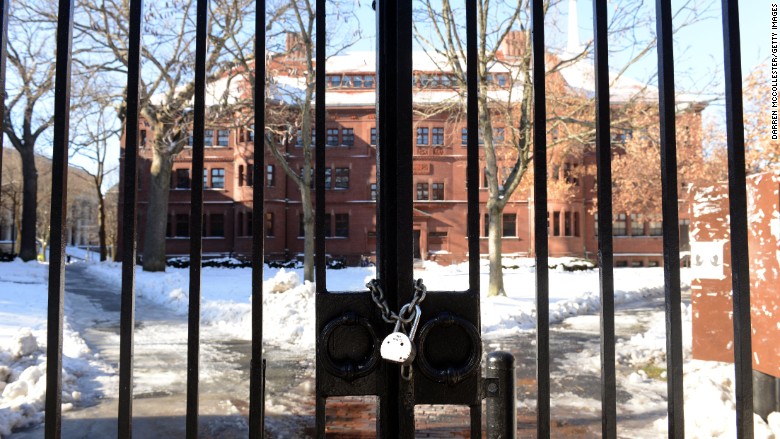 Just 5.3% of those who applied to Harvard this year got in.
Just 5.3% of those who applied to Harvard this year got in.  These are some of the blue chip companies that added lots of jobs last year.
These are some of the blue chip companies that added lots of jobs last year. 